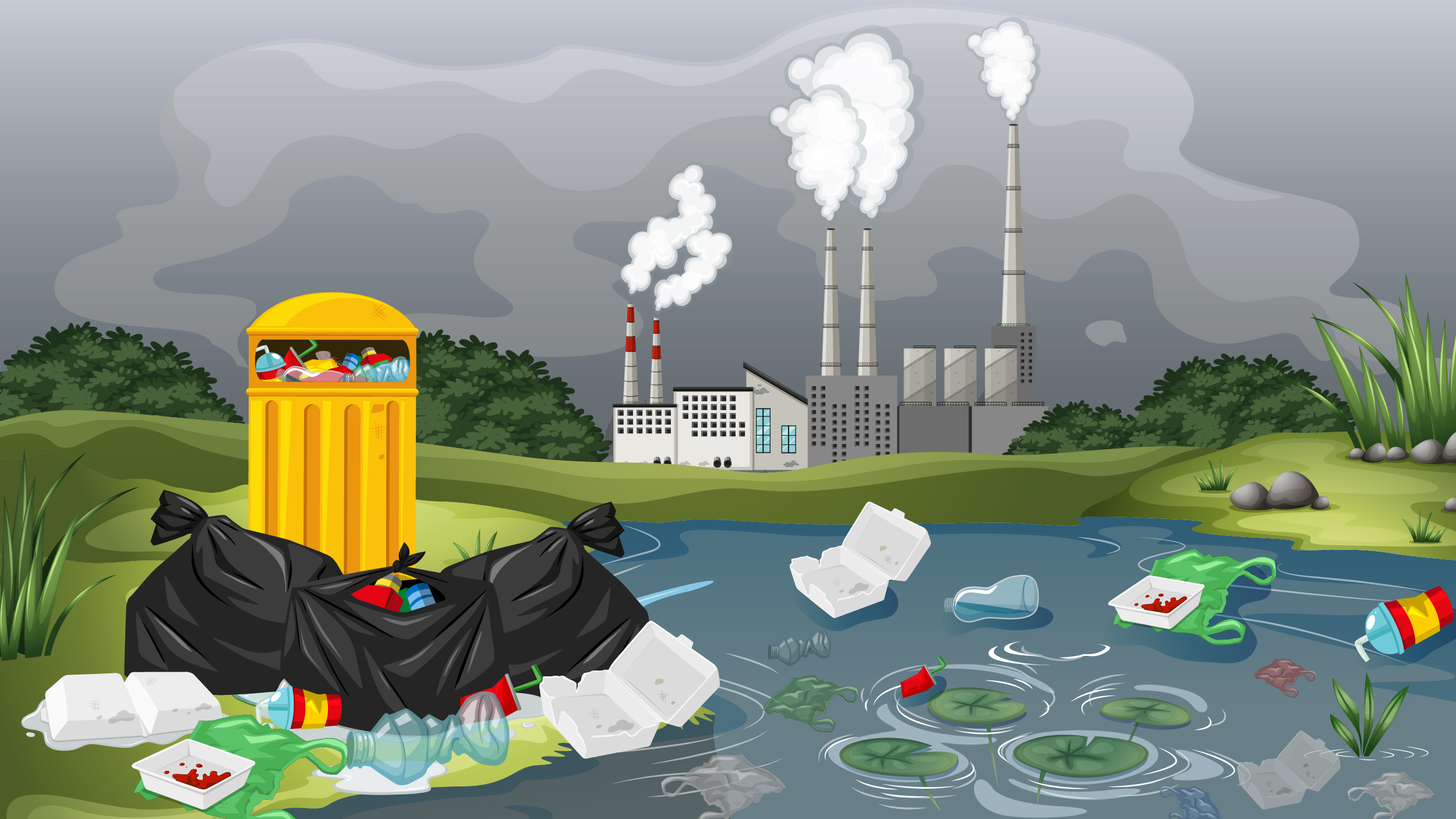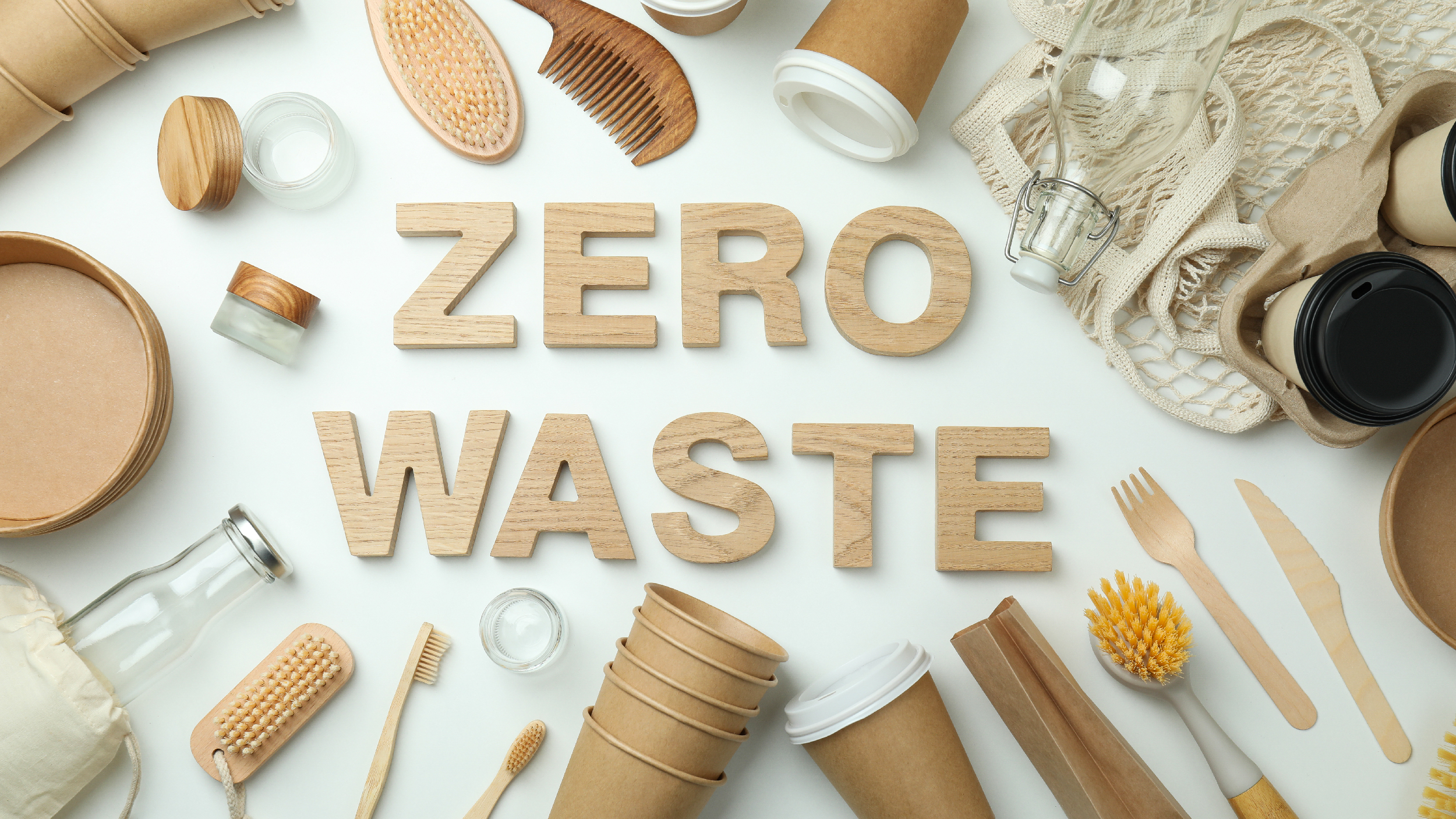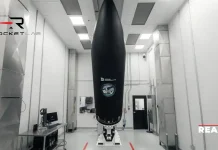You must have participated in a few best-out-of-waste activities back in kindergarten. In the real world, waste management use cases are not for getting first prizes but rather for tackling the most important issue at hand – Climate change. From garbage disposal to garbage collection, there is a long road ahead. What happens while en route is what will make the most difference and that is where waste management comes in handy.
The best instance of best-out-of-waste management was during the creation of the Waste Management Phoenix Open’s Mosaic Logo, which was made using 2,000 used golf balls and 8,000 golf tees. These were recycled to make an eco-friendly logo, and also became the largest verified zero-waste event ever conducted in the history of humankind.
Waste management is an effective way to dispose of waste effectively to be reused, recycled or discarded cautiously. The integration of internet of things (IoT) in waste management use cases is further assisting in developing the “smart” version of cities while dealing with large tonnes of garbage/waste at hand. Furthermore, big data analytics is also a suited practice to assist waste management.
Let’s dig deeper into the world of waste management and how it is impacting the renewal efforts of environment health and combating climate change in 2023.
Also Read: How Are EV Trends And Use Cases Taking The Industry By A Storm
Waste Management: Casting a Cure to Combat Climate Change?
Did you know? The World Health Organization has reported over 2 billion tonnes of municipal solid waste produced annually. Bear in mind that this is only the solid waste that is produced. There are various other wastes that need to be managed properly at the time of disposal including healthcare waste, e-waste and various others.
The biggest advantage of waste management is aiding the salvation of environmental degradation and recovery of ecological balance, especially in urban areas or tier 1/2 cities. By contributing to the significant reduction of pollution, conserving energy and creating a better world for future generations, waste management can be an integral part of combating climate change in 2023.

According to a recent research on waste management conducted by the World Bank, the world 2.01 billion tonnes of municipal solid garbage each year with nearly 33% of it not being recycled in an environmentally sound manner. This is further expected to increase by 1.39 billion tonnes by 2050.
Waste Management Use Cases Worth Your Attention in 2023
According to the United States Environmental Protection Agency, land waste disposal has created monumental issues including groundwater contamination, the formation of methane gas and other disease-related hazards. This waste is not only produced due to human negligence and improper methods of waste disposal, but also at the time of natural disasters.
For instance, the Turkey-Syria earthquake that occurred on 6th February 2023 has been reported to create nearly seven times the amount of waste generated by Turkey annually. Your question must be: How do we deal with all this rubble? That’s where waste management comes into play for managing the disposal of the waste.
Waste management is responsible for converting solid and liquid waste into a variety of recyclable solutions which aren’t termed as “trash”. These can be reused by using various waste management methods including composting, fermentation, incineration or what we call – waste management use cases. Let’s take a look at a few waste management use cases:
-
Smart Disposal at Your Disposal
Big data analytics and artificial intelligence equipped bins are a cheaper, faster and more effective way for waste disposal. This can assist in avoiding the collection of waste near residential areas. For instance, New York City and San Francisco have installed solar powered garbage bins with AI-enabled sensors to alert authorities when the bins need to be emptied.
-
Satellite Data to Monitor Waste
Satellite data can be considered as a great device to monitor aggregation and collection of terrestrial plastic waste across the globe. Currently, nearly twelve countries across Southeast Asia are being monitored, with almost 996 confirmed waste sites located. By using high-resolution satellite imagery, the waste sites can be monitored by governing authorities.
-
Solar-Powered Trash Compactors
Several solar-powered trash compactors have been placed at high-density populated areas to reduce collection of waste up to 80% with these bins. For instance, CleanCUBE is a solar-powered trash compactor which uses cloud-based monitoring and data analytics to manage waste efficiently.
-
The Greenest Show You’ve Ever Seen
Waste Management Phoenix Open was “the largest, the greatest and the greenest golf show on grass” in 2022 which was GEO Certified by the GEO Foundation for Sustainable Golf. This certification is considered as the highest credibility standard of golf facilities conducting tournaments or events on golfing grounds. Here are the reasons why it was the greatest greenest show:
All the waste produced at the tournament was diverted from a landfill and either recycled, composted or converted into renewable energy. During this commendable effort, approximately 21.73 tons of material was repurposed.
There were 60 solar-powered compactors used for recycling and composting materials as an effective waste management method. Furthermore, nearly 12 tons of food which went unused was not wasted; it was donated to nonprofit organizations to feed the needy.
The tournament has transcended into a environmentally-friendly annual project by gaining 6 consecutive years of GEO certification as the world’s most prestigious award for sustainability practices in golfing.
-
From Food to Creating Compost
According to the Arizona Department of Environmental Quality, there are several food wastes which are safe to be converted into compost. These food wastes include vegetables, fruits, dairy products, coffee grounds and several other items. This compost helps in assisting the health of the soil and redeem its nutrient values naturally.
Waste Management: The 100% Sustainable Solution for Zero Waste!
With rising governmental and private efforts to reduce waste produced by waste, waste management is emerging as an effective solution to tackle the ill-effects of disposing waste incorrectly. Therefore, by increasing adequate methods of waste management use cases worldwide with integration of artificial intelligence, satellite data and creating awareness among citizens, we can go a long way to preserve environmental efforts.

Want to create a positive impact on society at large? Improve the practices for waste management! Even though none of us can fully eliminate waste, we can always adopt eco-friendly waste reduction and recycling practices. By doing this, you set an example for those close to you and inspire them to adopt a healthy mindset. It’s time to think green – here and there and everything in between!




